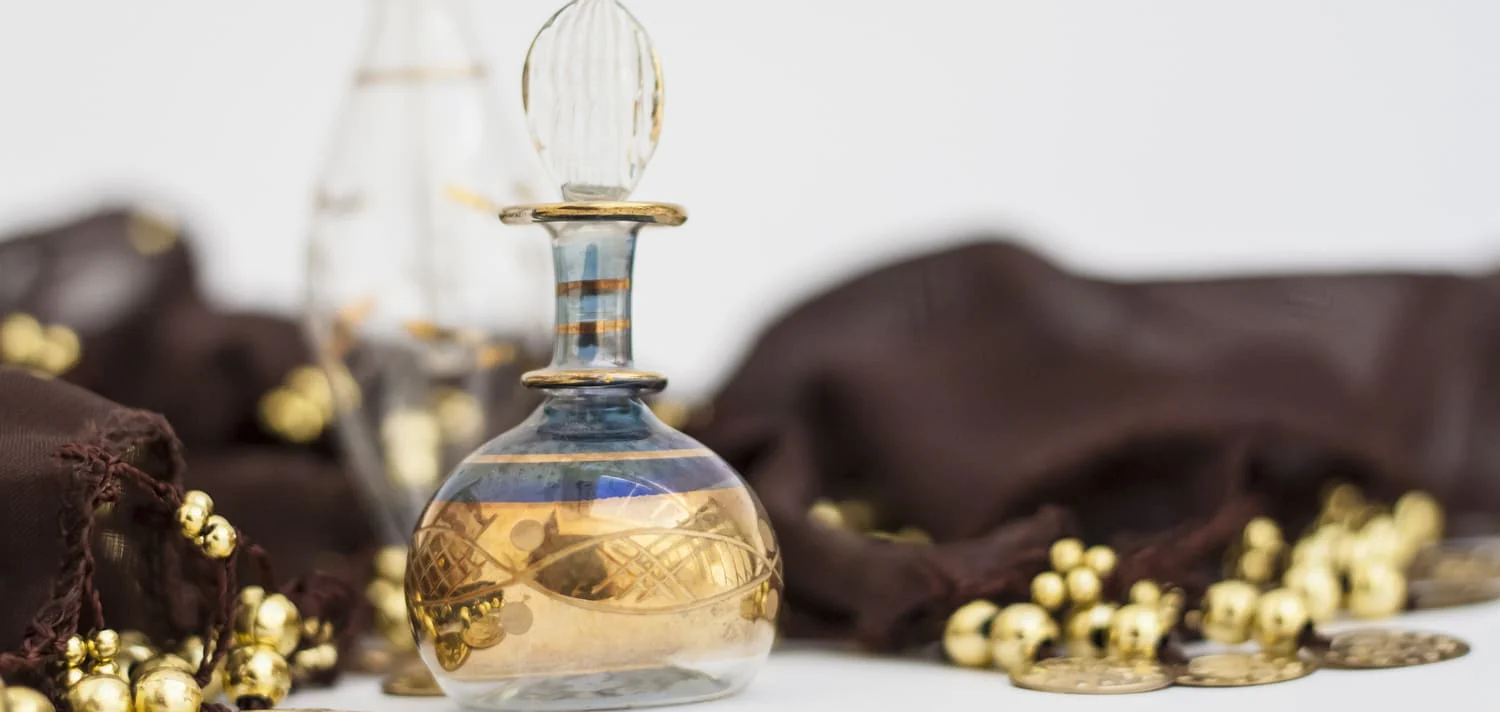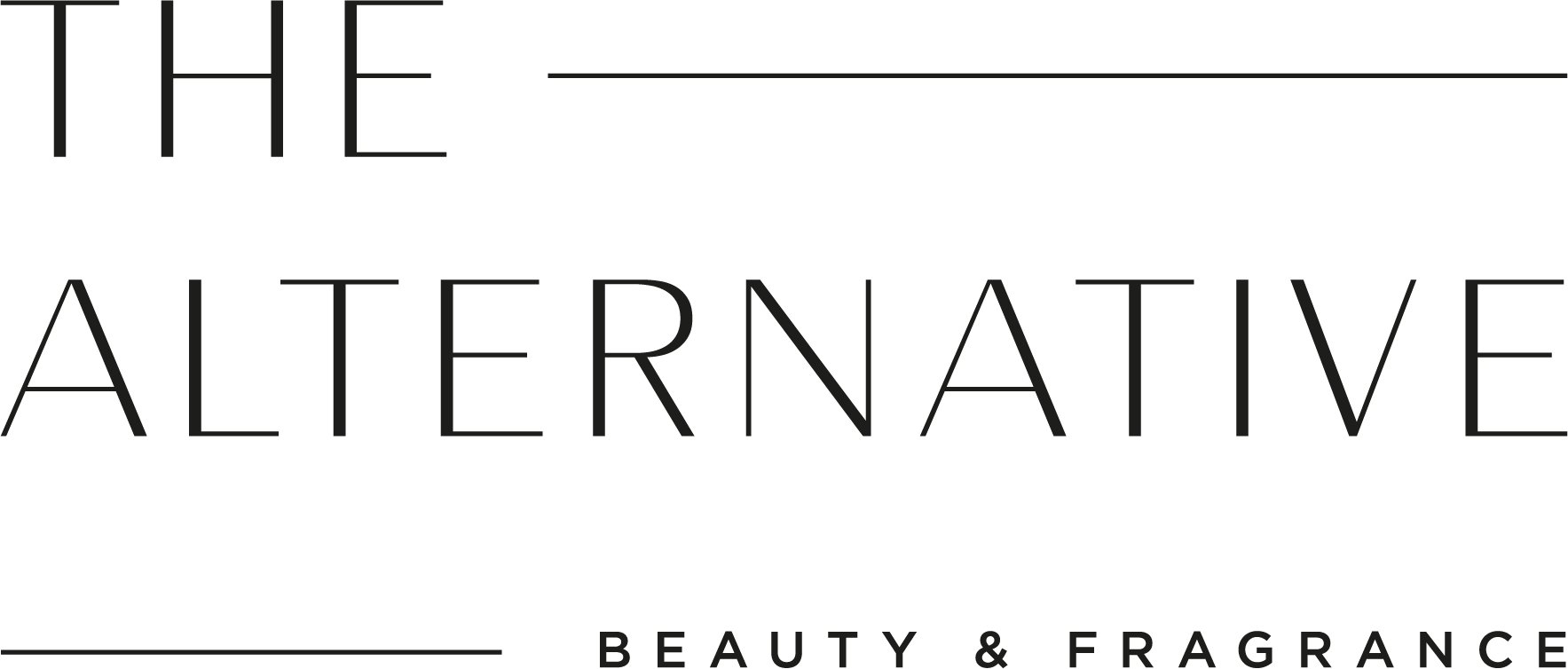Introduction
Perfume, the art of capturing and preserving scents, has a rich and fascinating history that spans millennia. From ancient civilizations to the modern era, perfumery has evolved, reflecting changes in culture, technology and artistry. In this article, we will take you on a fragrant journey through the captivating history of perfume.
Ancient Beginnings
The origins of perfume can be traced back to ancient civilizations. The art of perfumery was practiced in Egypt, Mesopotamia, and the Indus Valley more than 4,000 years ago. The Egyptians, in particular, played a significant role in the development of perfume. They used aromatic substances like myrrh, frankincense, and flowers to create fragrant oils and ointments for both religious rituals and personal adornment.
The Greeks and Romans
The ancient Greeks and Romans further refined the art of perfumery. They developed techniques for extracting essential oils from plants and used them for various purposes, including personal hygiene, religious ceremonies and medicinal treatments.
The Middle Ages and the Islamic World
During the Middle Ages, perfume production and trade flourished in the Islamic world. Influenced by the knowledge of distillation techniques from ancient civilizations, Muslim chemists and perfumers made significant advancements in extracting and refining essential oils.
The Renaissance and European Perfumery
With the arrival of the Renaissance in Europe, the art of perfumery experienced a revival. The demand for luxury scents grew among the nobility and the bourgeoisie, leading to the establishment of perfumers’ guilds in major European cities. Renowned figures like Catherine de’ Medici in France and Queen Elizabeth I in England were patrons of the perfumery arts, contributing to the growth of the European fragrance industry.
The Birth of Modern Perfumery
The 19th century marked a turning point in the history of perfume with the emergence of modern perfumery. The development of synthetic aromatic compounds, such as coumarin and vanillin, allowed perfumers to create a wider range of scents. In 1882, the renowned French perfumer Aimé Guerlain introduced the groundbreaking fragrance “Jicky,” which combined natural and synthetic ingredients, setting the stage for modern perfumery.
The 20th Century and Beyond
The 20th century brought further innovations to the perfume industry. Perfume houses like Chanel, Guerlain and Dior produced iconic fragrances that continue to be beloved today. The art of fragrance creation expanded with the contributions of perfumers like Ernest Beaux, who formulated Chanel No. 5, and Jean-Paul Guerlain, the mastermind behind Shalimar.
In recent years, niche and artisanal perfumery has gained popularity, emphasizing unique and exotic scent combinations. The use of sustainable and natural ingredients has also become a central focus, as consumers seek eco-friendly and ethically sourced fragrances.
Conclusion The history of perfume is a testament to humanity’s enduring fascination with scent and its ability to evoke emotion, memory, and culture. From the aromatic rituals of ancient civilizations to the sophisticated and diverse fragrances of the modern era, perfumery has evolved into an art form that continues to captivate our senses. As we explore new horizons in scent creation, we honor the rich heritage of perfume that has accompanied us throughout the ages.


